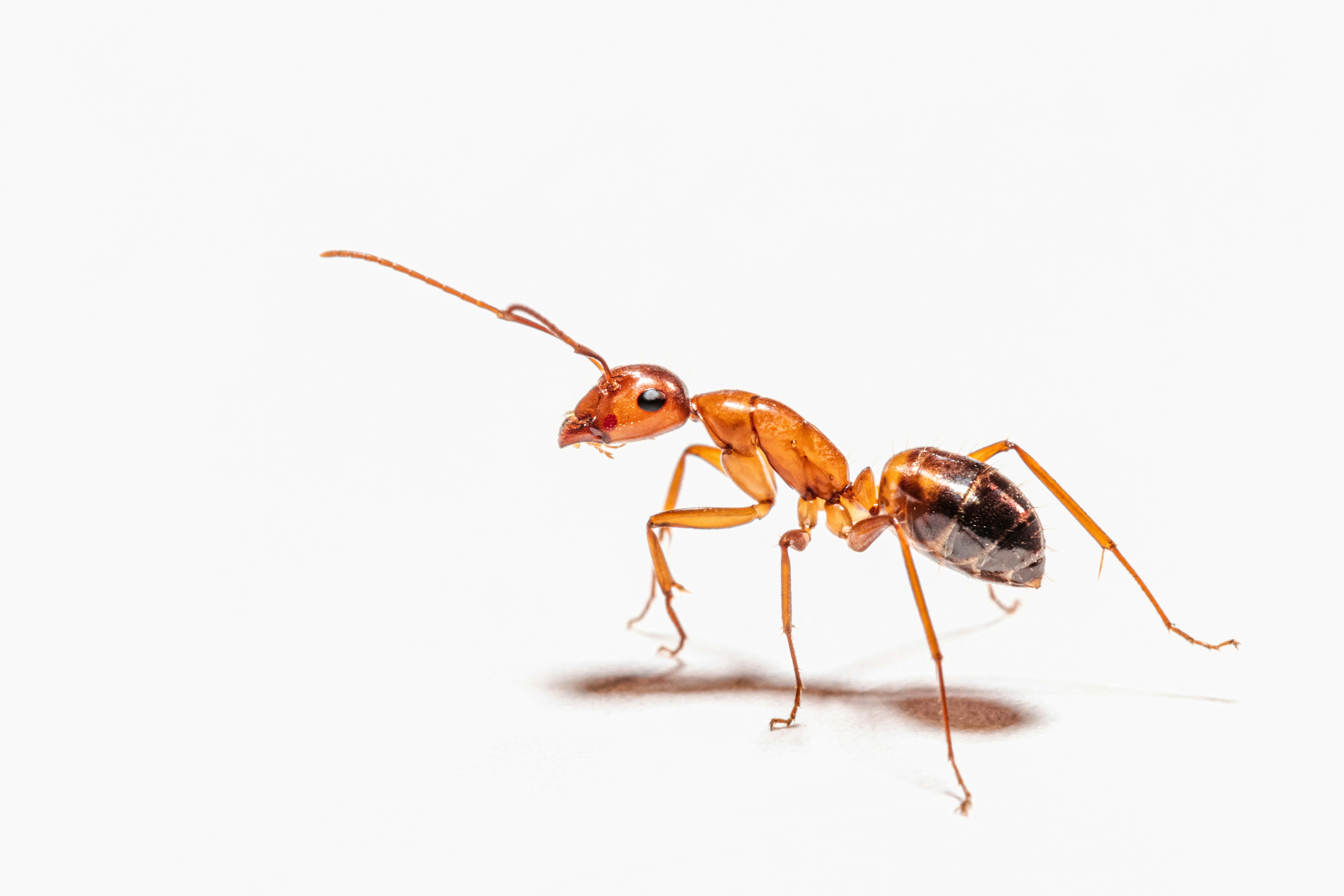Ant Colonies: Earth’s Most Efficient Cities

Category: Insects | June 7, 2025
While cities above ground buzz with traffic and commerce, a different kind of metropolis thrives underground—built not by humans, but by ants. These tiny insects have created some of the most complex and efficient social systems on Earth. An ant colony can house thousands to millions of individuals, each with a specific role in a hierarchy that runs with astonishing precision. There's no central command, no mayor or manager—just seamless, decentralized cooperation fueled by chemical signals, instinct, and evolutionary design.
Ant colonies are structured much like cities, with chambers for nurseries, food storage, and waste management, all connected by an intricate web of tunnels. The layout isn't random; it's optimized for airflow, temperature control, and rapid movement. Ants communicate using pheromones—scent trails that convey everything from danger warnings to directions to a food source. This form of messaging allows them to respond rapidly to changing conditions, reroute traffic, or mobilize armies in seconds.
What’s even more impressive is how resourcefully ants allocate labor. Worker ants switch roles as needed—gathering food, defending the nest, tending to the queen, or caring for larvae. Their adaptability means the colony can react to emergencies or shifts in the environment without chaos. And while individual ants may seem insignificant, the collective intelligence of the colony allows them to solve complex problems, such as farming fungi, herding aphids, or even waging strategic battles against rival colonies.
Some species, like leafcutter ants, build massive underground structures that stretch the size of a small house, ventilated like a natural HVAC system. Others, like army ants, are nomadic and form temporary living bivouacs made entirely of their own bodies. Whether stationary or mobile, every colony functions as a superorganism—a self-regulating, self-repairing unit that behaves almost like a single being.
Ant colonies demonstrate how life, even on a microscopic scale, can be organized, purposeful, and astonishingly efficient. They remind us that intelligence isn’t always about size—it’s about systems, cooperation, and the quiet genius of nature’s architects.
🌴 Jungle Chatter
Most popular reactions:
No reactions yet.